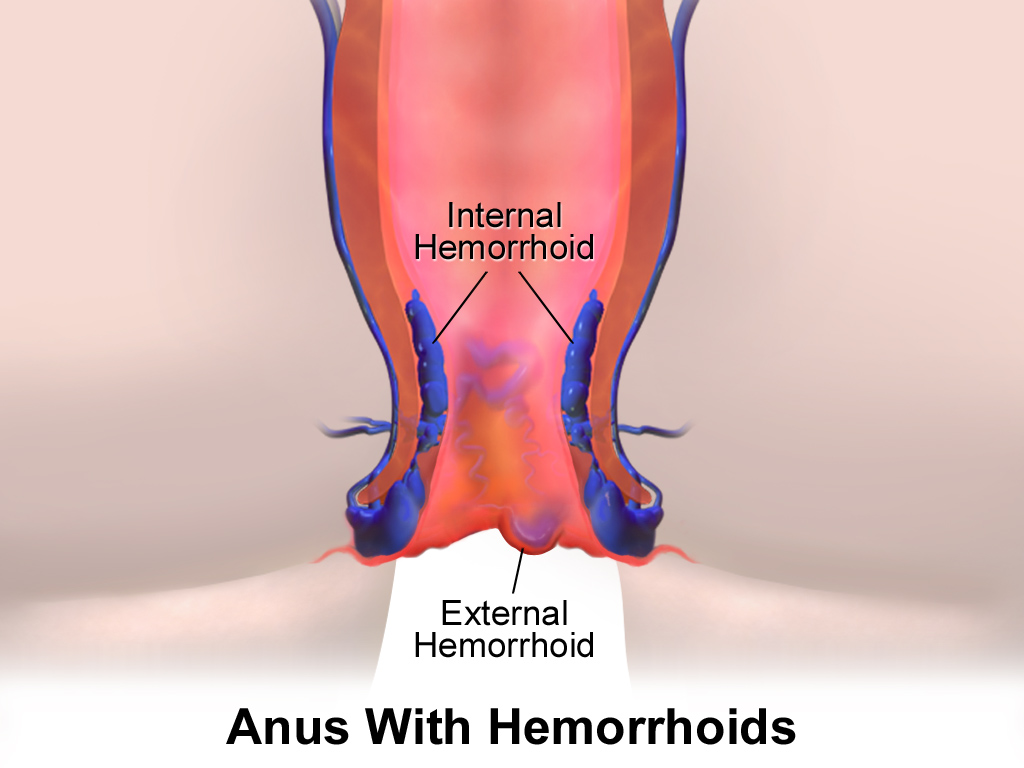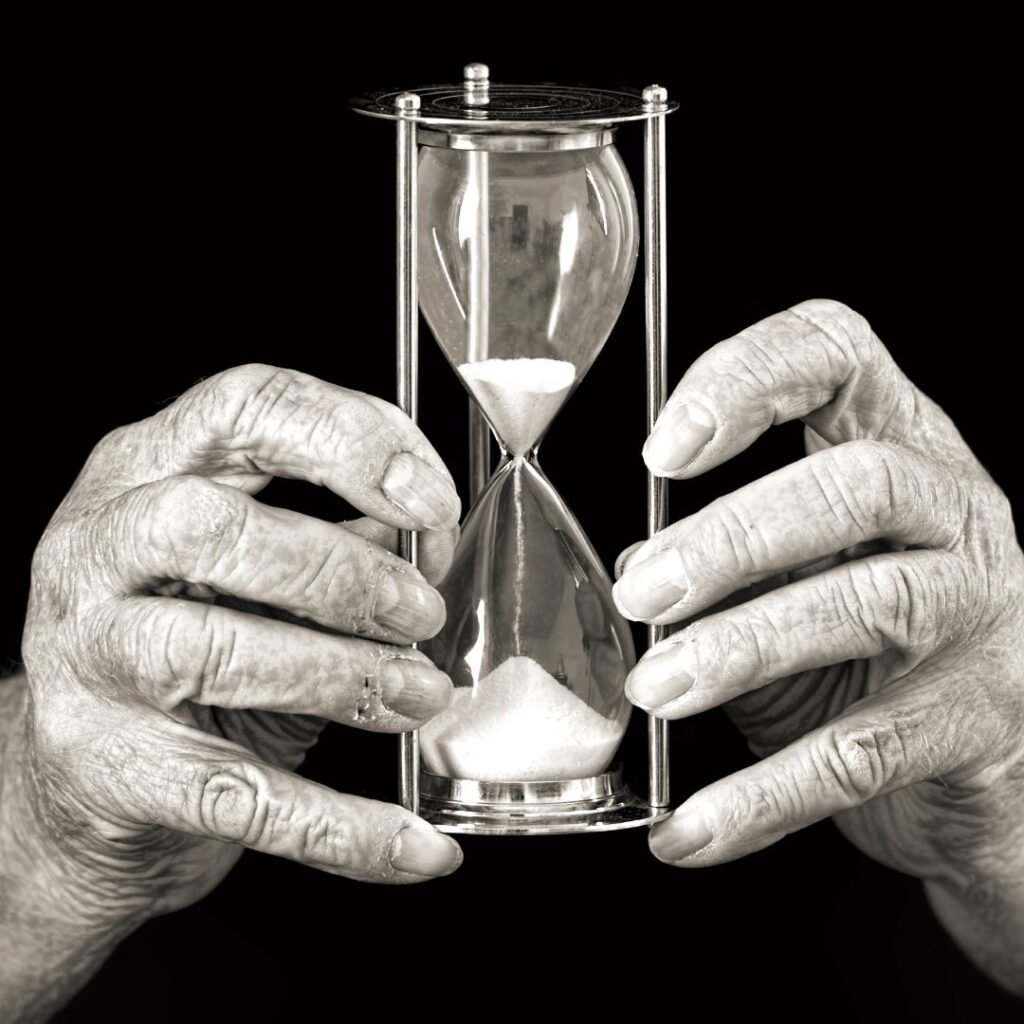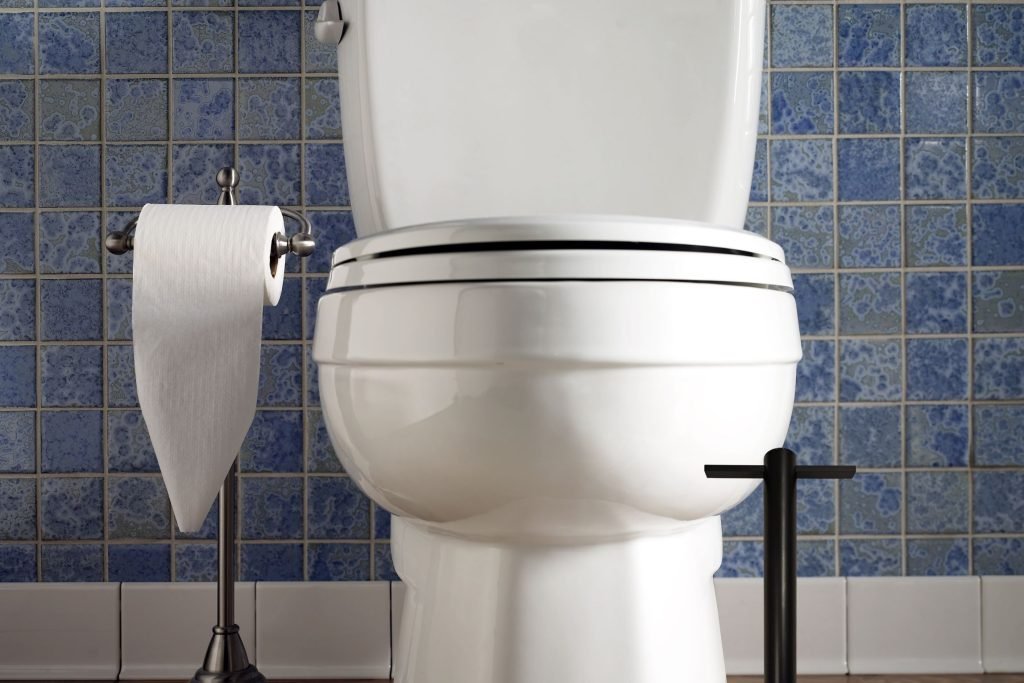How Long Is Too Long? The Truth About Sitting on the Toilet
Table of Contents
TL;DR
Sitting on the toilet too long can do more damage than you think. Experts recommend limiting your time to no more than 10 to 15 minutes per session. Anything more can increase the risk of hemorrhoids, nerve compression, poor circulation, and pelvic floor issues. In this post, we break down the dangers of lingering too long, the modern-day distractions causing it, and how to fix your bathroom habits. Whether you’re scrolling social media or just waiting for something to happen, the consequences of extended toilet time are real—and avoidable. Learn how to poop smarter, faster, and healthier.
Why Your Toilet Time Might Be Hurting You
Let me ask you a blunt question—how long do you sit on the toilet? Be honest. Is it 10 minutes? 20? Maybe 30 if you’re mid-scroll on TikTok or trying to finish an email? Here’s the cold, hard truth: your bathroom time might be destroying your health, one squat at a time.
We live in a world where the bathroom has become a sanctuary. A place to escape from screaming kids, nagging bosses, or just the endless barrage of noise from life. But here’s the thing: your body doesn’t recognize that sacred solitude as relaxing. It sees it as strain, pressure, and risk.
What you think is harmless “me time” on the porcelain throne might be silently setting you up for a lifetime of discomfort. Hemorrhoids. Numb legs. Pelvic dysfunction. And we haven’t even gotten to the worst part yet.
This isn’t just a public service announcement for your posterior—this is a wake-up call. If you’re serious about living pain-free, poop like a pro and stop sabotaging your body one flush at a time.
Key Takeaways (Quick-Hit Wisdom)
You should never sit on the toilet for more than 10–15 minutes.
Excessive toilet time can lead to hemorrhoids, nerve damage, and circulation problems.
Using your phone or reading while on the toilet dramatically increases risk.
Proper diet, posture, and timing help you poop faster and healthier.
Small habit changes can eliminate years of pain and medical expenses.

The Science of Sitting: What Happens to Your Body
We were not designed to sit on a toilet for half an hour. Evolution didn’t gift us glutes and guts to perch over a ceramic bowl while we scroll through cat videos. Our digestive system, muscular structure, and circulatory pathways were made for efficiency—get in, get out, get on with your life.
But what really happens when you overstay your welcome in the restroom?
Gravity pulls everything downward. The longer you sit, the more pressure you put on the veins in your rectum and anus. Over time, this can cause veins to swell and become painful, creating hemorrhoids.
Circulation slows. Sitting for long periods—especially in a strained, hunched position—reduces blood flow to your legs and feet. That tingling, numbness? It’s a red flag.
Pelvic floor muscles weaken. The muscles that support your bladder, bowel, and reproductive organs get overstretched with excessive sitting. That means potential for dysfunction and even incontinence later in life.
Nerve compression. Ever felt pins and needles? That’s your pudendal nerve telling you it’s under siege. Constant compression can lead to long-term issues with bowel control.
This isn’t scaremongering. It’s science. And ignoring it doesn’t make you strong or stubborn—it makes you the next patient in a very awkward doctor’s visit.
Why We Sit So Long: Modern Habits and Hidden Triggers
Ask anyone in the 1950s how long they spent on the toilet and you’d get a look of confusion. Back then, people went when they had to, did their business, and left. Now? We’ve turned the toilet into a mobile office, a therapy couch, and a social media lounge.
Here’s what’s keeping us seated:
Smartphones: The #1 culprit. One moment you’re pooping, the next you’re 45 comments deep in a Reddit thread about conspiracy theories.
Mental escape: Bathrooms are private. They offer a retreat from reality. But retreating doesn’t require 30 minutes of hunching.
Waiting to go: Some people use the toilet preemptively, hoping to force a bowel movement. Unfortunately, this only prolongs sitting and teaches your body bad habits.
Stress and anxiety: Digestive issues like IBS or constipation often cause people to “camp out” on the toilet. Ironically, the longer they sit, the worse it gets.
You’ve been conditioned to associate toilet time with down time. But your body doesn’t get the memo. It only knows it’s under pressure—literally.
Health Risks of Extended Toilet Time
Let’s get real about the consequences. This isn’t a vague “you might feel a little discomfort.” These are full-blown medical conditions that destroy quality of life.
Hemorrhoids
The most common issue. Prolonged sitting, especially with straining, causes veins in the anus and rectum to swell. This leads to itching, pain, bleeding, and sometimes surgical intervention.
Nerve Compression
You sit too long, you squish the nerves. The pudendal nerve is responsible for sensation and function in your pelvic region. Constant compression = long-term damage.
Poor Circulation
Just like on a long-haul flight, being motionless cuts off blood flow. You’re not just making your feet fall asleep—you’re potentially increasing your risk of clots, numbness, and chronic pain.
Pelvic Floor Dysfunction
Your pelvic floor muscles are like a hammock for your organs. Too much toilet time overstretches them, leading to leaks, urgency issues, and sometimes sexual dysfunction.
If you’ve experienced discomfort, it’s not just aging—it could be years of toilet abuse catching up with you.

Expert Recommendations: How Long Is Safe?
Gastroenterologists and colorectal specialists agree: 10 to 15 minutes is your max. Not per hour. Per session.
Why this range? Because:
Your natural bowel movement urge lasts about 5–10 minutes.
Anything longer likely means you’re forcing it or waiting.
The longer you sit, the more risk increases—fast.
If you’re regularly exceeding that, it’s a sign something’s off:
You might be dehydrated.
You’re not getting enough fiber.
You may have a nervous gut.
Or you’ve developed a bad habit with that phone in your hand.

How to Reduce Time on the Toilet
Ready to break the throne trap? Here’s how to do it:
1. Leave your phone outside the bathroom.
It’s the simplest, most powerful fix. No phone = no scrolling = no marathon sessions.
2. Go when you feel the urge.
Don’t preempt. Don’t delay. The moment you feel the call, answer it. That’s when your body’s ready to go.
3. Improve your diet.
Fiber-rich foods, hydration, and regular meals make your bathroom time shorter and more productive. Constipation is a killer of time and comfort.
4. Use a toilet stool like The PoopSTICK.
Seriously. Elevating your feet puts you in the natural squat position. That means easier elimination, less strain, and faster exits.
5. Practice mindfulness.
If you feel tempted to “relax” on the toilet, ask yourself: is this relaxing, or am I hiding? Your body knows the difference, even if your mind doesn’t.

Bonus Tips for Better Bathroom Habits
Hydrate early in the day. Your colon loves water.
Eat a consistent breakfast. This triggers your natural bowel rhythm.
Exercise daily. Movement gets everything flowing.
Keep a bathroom log. If you’re always over 15 minutes, track it and look for patterns.
Relax, don’t strain. If it’s not coming, get up. Try again later. Forcing leads to fissures.
Create a morning routine. Poop at the same time each day to help train your digestive system.
Limit caffeine dependency. While it helps stimulate movement, overreliance can backfire.
Clean your posture. Sit upright with your feet supported and knees elevated.
Pooping should be peaceful, not painful. And definitely not prolonged.
Final Thoughts: Healthy Habits for a Healthy Bottom
Your toilet is not a therapist’s couch. It’s not a nap pod. And it’s certainly not your office.
It’s a functional tool your body uses to get rid of waste—and like all tools, it works best with proper use. Prolonged sitting causes more damage than most people realize. It’s time to fix the habit before it becomes a diagnosis.
What’s the takeaway here? Simple:
Respect the limits (10–15 minutes).
Improve the input (diet, hydration).
Adjust your posture (use a stool).
Ditch distractions (phones and magazines).
Commit to consistent timing (train your body’s rhythm).
Track your progress (data drives results).
Your butt—and your future self—will thank you.
Poop Like a Pro
Want to end the struggle, strain, and shame of prolonged toilet time?
Join our waitlist for The PoopSTICK — the ergonomically designed toilet stool that helps you poop faster, easier, and healthier. Trusted by top gut health experts, it’s your first step to smarter bathroom habits.
About the Author

James
Founder of The PoopSTICK | Gut Health Advocate | Healthcare Pro
I’m James, the guy who talks about poop so you don’t have to (but probably should). With over 12 years of experience in the healthcare world—and a family history of colon cancer which made gut health personal—I created The PoopSTICK to give people a better, more natural way to poop.
After trying almost every pooping gadget, toilet stool, and gut health trend under the sun, I realized most products were uncomfortable, overhyped, or just plain awkward. So I built something better—designed for real humans who want real results.
The PoopSTICK isn’t just a product; it’s part of a movement to take gut health seriously (while still laughing a little). Through our blog, I share natural health tips, poop-positive education, and easy ways to take control of your digestion—because better bowel movements should be a normal part of life, not an embarrassing mystery.
If you're someone who cares about health, wants to feel better naturally, or just wants to poop like a champion, you're in the right place.
Let’s talk sh*t—so you can get rid of it better.

James
Founder of The PoopSTICK | Gut Health Advocate | Healthcare Pro
I’m James, healthcare veteran and gut health advocate on a mission to help you poop better—naturally. With over 12 years in the industry and a personal drive to prevent colon cancer, I created The PoopSTICK after being let down by every “solution” out there.
This isn’t just a stick—it’s a movement (literally). I mix humor, health tips, and real talk to make better bowel movements something we can actually talk about.
Let’s ease your poop!
Past Blog Posts

What Your Stool Color & Shape Reveal About Your Gut Health
Your poop is a real-time report card on your gut health—and most people are ignoring it. From color changes to weird shapes to the clues hidden in texture, every bowel movement tells a story. This guide breaks down exactly what your stool says about digestion, inflammation, and the hidden issues you can’t see.

Is Wheat Wrecking Your Gut? What Celiac Disease Reveals
Wheat isn’t the villain—it’s the kind of wheat that’s wrecking your gut. From ancient grains to modern hybrids, discover how today’s wheat triggers inflammation, worsens celiac symptoms, and sabotages digestion—and what smarter, safer alternatives can finally bring your gut back to balance.

Gut Health and GLP-1: The Hidden Link to Weight and Energy
Your gut isn’t just digesting food—it’s controlling your hunger, energy, and even how fast you burn fat. Inside you is a powerful hormone called GLP-1, and when your gut’s out of balance, it shuts down. Discover how to reactivate this hidden fat-burning axis naturally—no drugs, no gimmicks, just real gut power.

